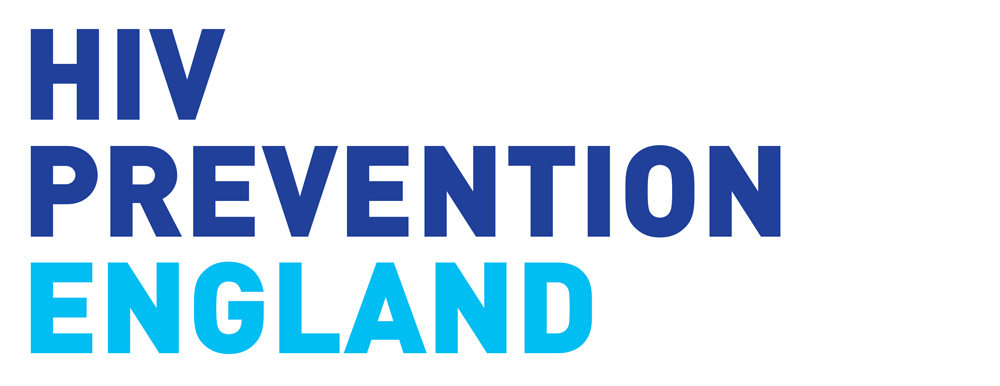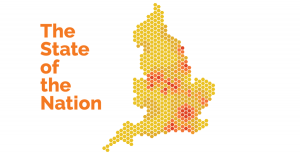HPE organises a conference to bring together professionals working in HIV prevention and sexual health in England, as well as other key figures and influencers in the field of HIV. The 2020 conference took place on Tuesday 18 February in central London.
Download the programme [PDF]
Coming soon: conference presentations
Morning conference sessions
Opening plenary
- Welcome: Adam Winter, Public Health England.
- Keynote Speech: Bruce Richman, Prevention Access Campaign.
- The HIV Commission: Dame Inga Beale, HIV Commission.
- Progress towards getting to zero transmissions, zero deaths and zero stigma due to HIV in the UK: Dr Valerie Delpech, Public Health England.
- Chair: Ian Green, Terrence Higgins Trust.
HIV testing: Breaking barriers, driving access
- Changing trends of HIV risks among MSM in London: Dee Wang, Spectra and The GMI partnership
- Reducing barriers to HIV self-testing among black Africans: George Halfin, Terrence Higgins Trust
- Incentivised HIV testing at food banks: Anne Glew, The Brunswick Centre
- A reflection of seven years of HIV testing during National HIV Testing Week in Croydon: Denise Dixon (On behalf of Fred Semugera) Croydon Council
Afternoon conference sessions
Ensuring PrEP access and uptake in key populations
- Attitudes and factors determining PrEP uptake in London: Dee Wang, Spectra and The GMI partnership
MobPresh: women, PrEP and sexual health: Amelia Thorp, Yorkshire MESMAC - Are MSM using PrEP safely? Results from an online questionnaire: Greg Owen, I Want PrEP Now
- PrEP and Prejudice: PrEP initiative for BA communities: Juddy Otti, Africa Advocacy Foundation
- Reflections from a woman PrEP user: Haru Majengwa
STIs and sexual health: what’s working to reach highly affected groups
- STI diagnoses among asymptomatic MSM in community testing services: Alissa Ferry, Positive East and the GMI partnership
- Increasing STI e-testing uptake among black queer men: Phil Samba, PrEPster
- Different community models to reach key populations in the North of England: Wellington Moyo and Pat McCusker, Yorkshire MESMAC
- Age is no Protection: sexual health promotion in the over 50s: Steve Maddern, Wiltshire Council and Age UK
- Improving Trans and Non Binary sexual health: third sector partnership with GUM services: Patrick Hands and Dr Madeleine Crow, Yorkshire MESMAC and Leeds Sexual Health
Closing plenary
- The HIV Prevention Programme 2016-2019: Chamut Kifetew, Terrence Higgins Trust
- Overview of future HIV technologies: Simon Collins, i-Base
- No one left behind, panel discussion: Dr Vanessa Apea, Luis Guerra, Ian Howley, Lizzie Jordan, Harvey Kennedy and Michelle Ross


